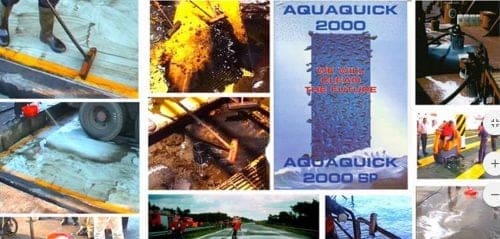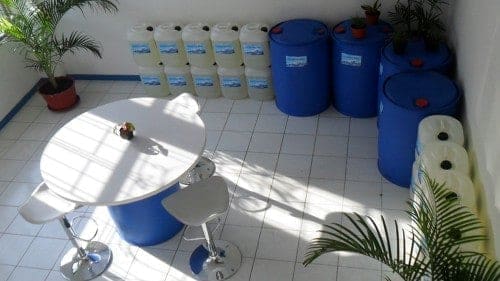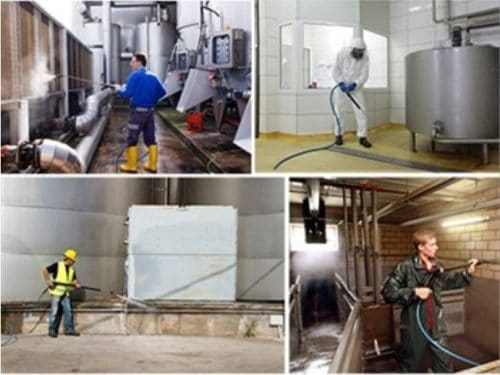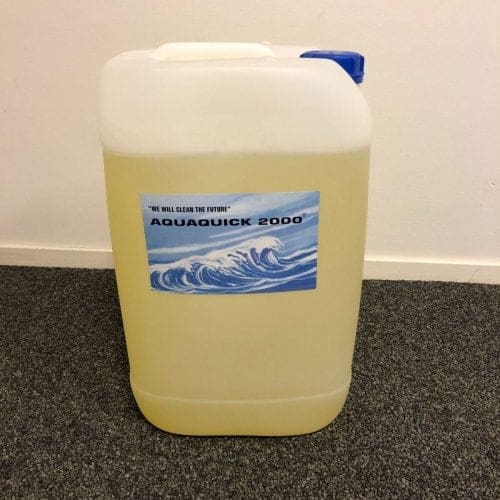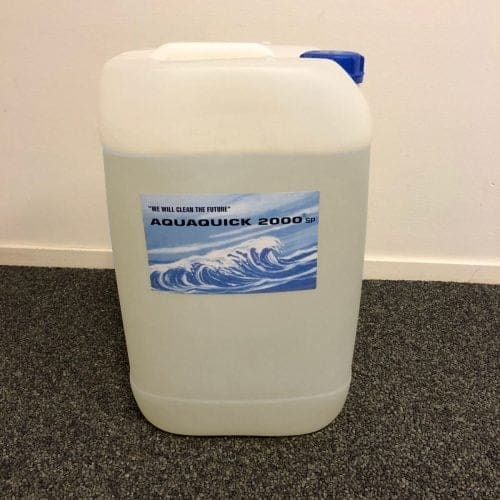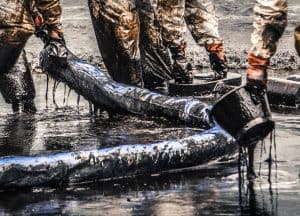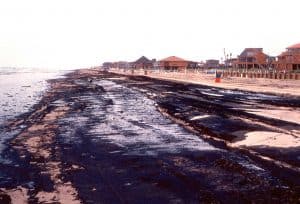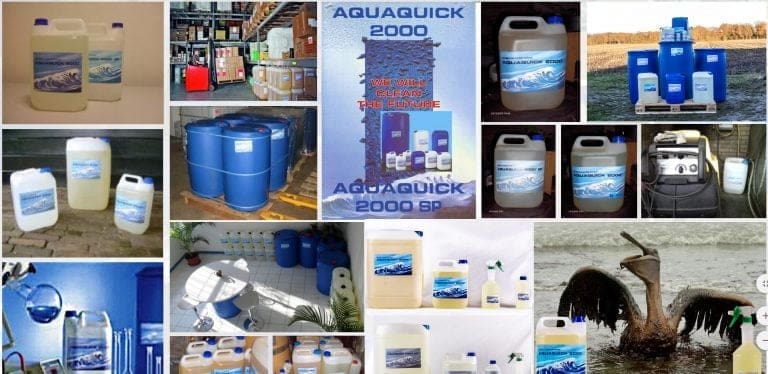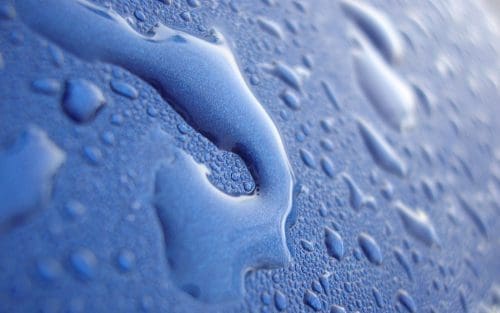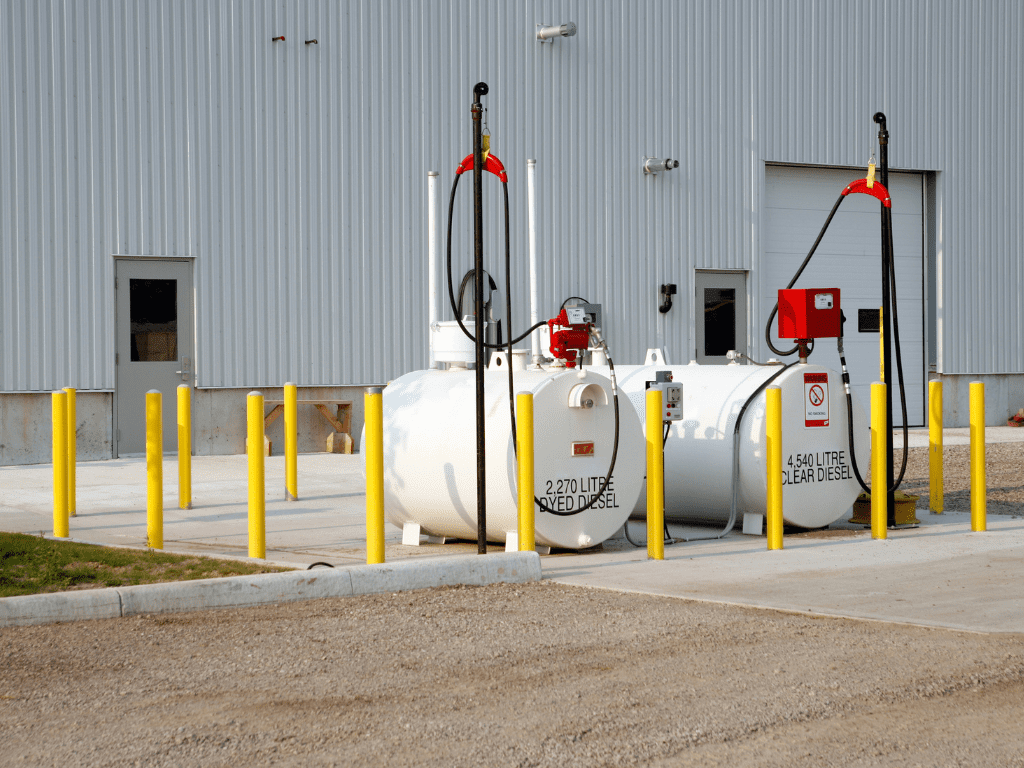Keeping your diesel fuel tank clean is essential for maintaining engine efficiency, reducing costly repairs, and extending your vehicle’s lifespan. Over time, contaminants such as sludge, rust, and microbial growth can accumulate in the tank, leading to clogged filters, poor fuel quality, and engine issues. This guide will walk you through the process of cleaning your diesel tank effectively and how using the right diesel tank cleaner can make all the difference.
Why Regular Diesel Tank Cleaning is Essential
Diesel engines are workhorses in various industries, powering everything from trucks to heavy machinery. However, the fuel they run on can degrade over time, leading to contamination in the tank. Here are some reasons why keeping your tank clean is so important:
Preventing Fuel Contamination
Contaminated diesel can lead to engine inefficiency and possible breakdowns. Over time, water, dirt, and sludge can form, disrupting the flow of fuel. Regular tank cleaning ensures your fuel stays pure, leading to better combustion and performance.
Prolonging Engine Life
By cleaning your diesel tank regularly, you reduce the risk of clogged fuel lines and filters. This minimizes engine strain, ensuring it runs smoothly and lasts longer.
Saving on Maintenance Costs
Dirty tanks lead to more frequent repairs, including fuel injector replacement and filter changes. Cleaning your diesel tank helps you avoid these unnecessary expenses.
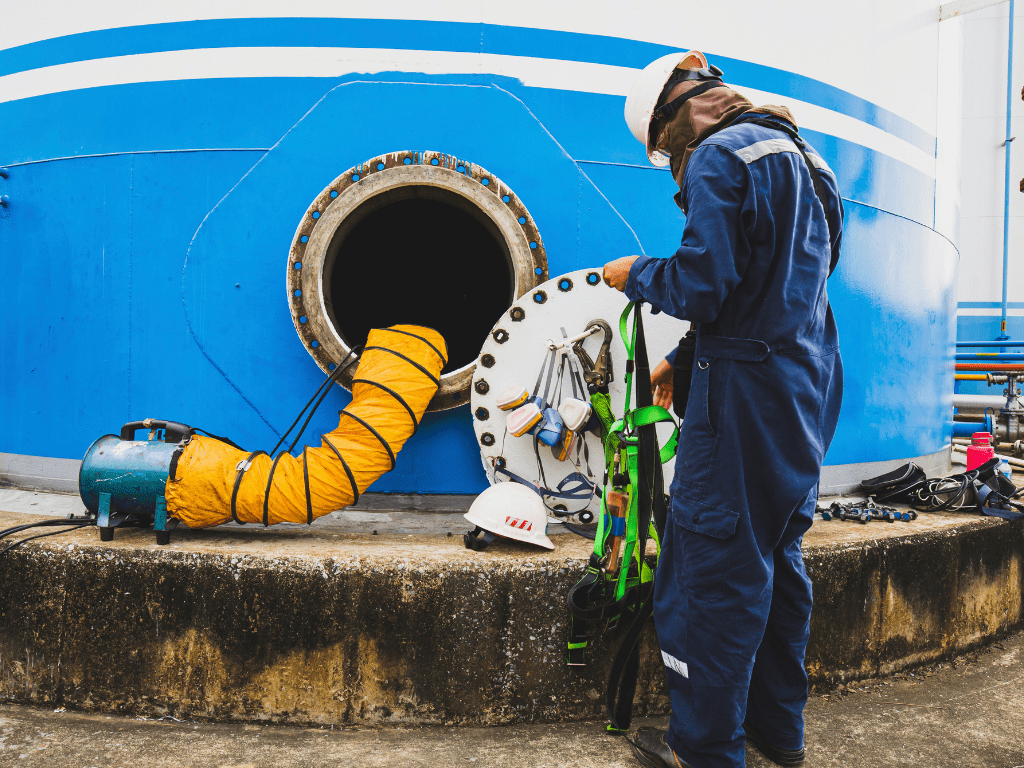
When Should You Clean Your Diesel Fuel Tank?
The frequency of diesel tank cleaning depends on several factors, including fuel quality, climate, and the age of your vehicle. However, there are a few key indicators that signal it’s time to clean your tank:
Signs of Tank Contamination
- Sludge Build-Up: If sludge is visible in your filters or fuel lines, it’s time for a tank cleaning.
- Poor Engine Performance: Loss of power, increased fuel consumption, or stalling can be signs of contamination.
- Frequent Filter Clogging: If you find yourself replacing filters more often than usual, this could point to debris build-up in the tank.
Routine Maintenance Schedule
Most experts recommend cleaning your diesel tank every 1-2 years, depending on usage. It’s especially important to clean your tank after periods of fuel stagnation or if you’re switching to a different fuel type.
How to Clean a Diesel Fuel Tank
Now that you know why and when to clean your tank, let’s dive into the step-by-step process of how to do it.
Step 1: Drain the Fuel
Before you begin cleaning, you’ll need to drain the diesel fuel from the tank. Safely store the fuel in approved containers, and ensure you’re working in a well-ventilated area to prevent any risks.
Step 2: Remove the Tank (Optional)
For a thorough cleaning, it’s recommended to remove the tank from the vehicle. This gives you better access to the inside of the tank, ensuring no corners are missed.
Step 3: Use a Diesel Tank Cleaner
Choose a high-quality diesel tank cleaner to break down sludge and contaminants effectively. AQUAQUICK 2000 is an excellent option, as it’s eco-friendly and tough on tank debris without being harsh on the materials. Add the cleaner to the tank according to the manufacturer’s instructions, allowing it to sit for the recommended time.
Step 4: Scrub the Tank
For stubborn areas, use a brush or cloth to scrub away dirt, sludge, and rust. Focus on the corners and edges, where debris tends to collect.
Step 5: Rinse and Dry
Once the tank is clean, thoroughly rinse it with water to remove any remaining cleaning solution. Ensure the tank is completely dry before refilling it with fuel to prevent water contamination.
Step 6: Reinstall the Tank and Refill
After the tank is dry, reinstall it (if you removed it), and refill it with clean, fresh diesel fuel. Make sure the fuel is free of any contaminants to maintain a clean tank moving forward.

Preventing Future Contamination in Your Diesel Tank
While cleaning your diesel fuel tank is crucial, taking preventive measures can help you avoid contamination in the first place. Here are some steps you can follow to keep your tank clean for longer:
Gunakan Bahan Bakar Berkualitas
Always use high-quality diesel to reduce the chance of introducing contaminants into your tank. Low-quality fuel may contain more water, microbes, and debris, leading to quicker contamination.
Jaga Tangki Tetap Penuh
A full tank reduces the chance of condensation forming inside, which can lead to water contamination. Water is a major culprit in microbial growth and sludge formation.
Gunakan Penstabil Bahan Bakar
Fuel stabilizers can help maintain the quality of diesel over time, especially if your vehicle sits idle for long periods. These additives can also help prevent the growth of bacteria and algae in the tank.
Regularly Inspect and Replace Filters
Even with a clean tank, fuel filters can still become clogged with debris. Check your fuel filters regularly and replace them as needed to maintain optimal fuel flow.
The Role of AQUAQUICK 2000 in Diesel Tank Maintenance
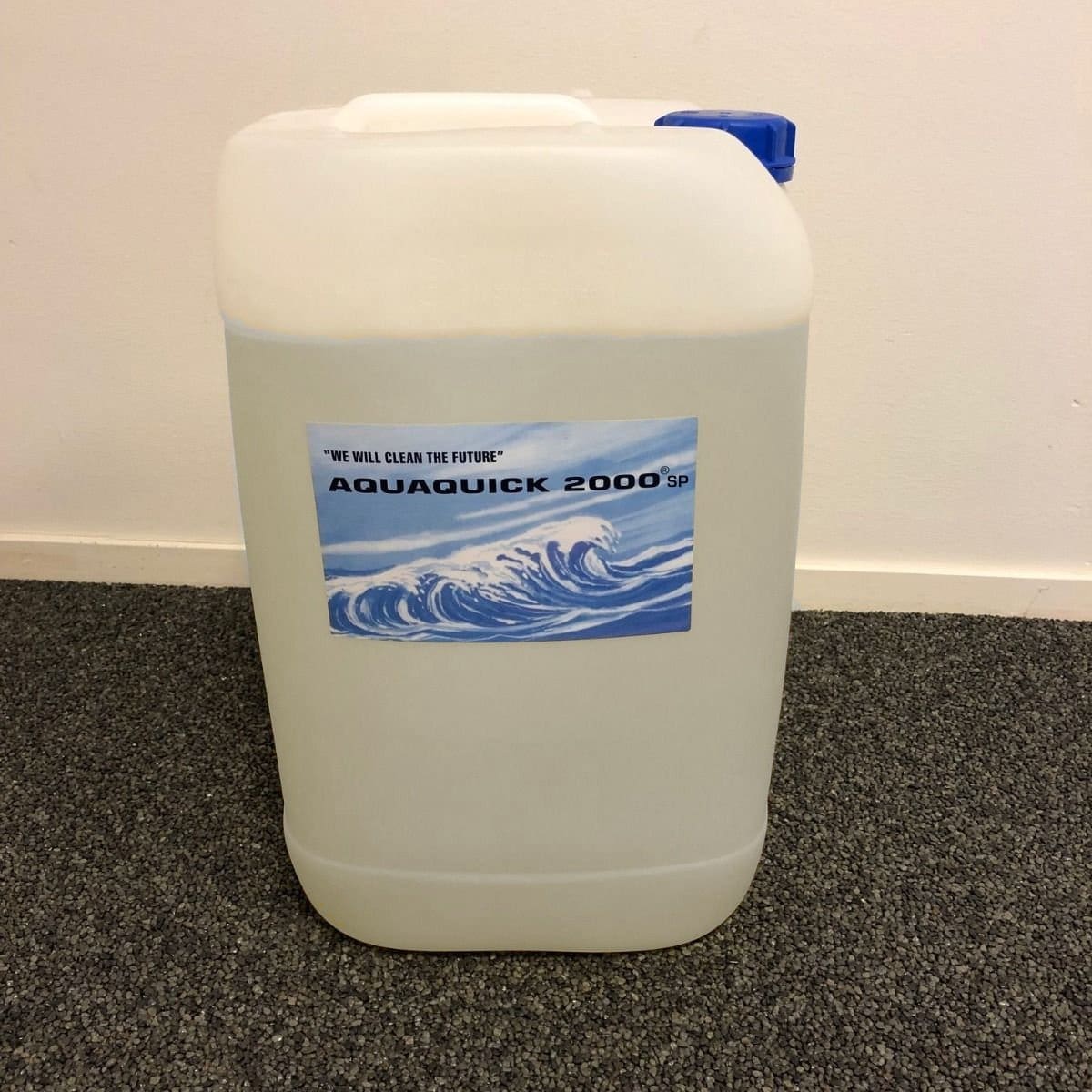
AQUAQUICK 2000 stands out as a powerful and environmentally safe cleaning solution for diesel fuel tanks. It breaks down hydrocarbons and emulsifies sludge without leaving harmful residues, making it an ideal choice for anyone looking to maintain a clean tank. Whether used for regular cleaning or tackling a more serious contamination issue, AQUAQUICK 2000 ensures your tank stays in top shape.
This product’s biodegradable nature makes it a great option for environmentally conscious vehicle owners, providing peace of mind without compromising on effectiveness.
Kesimpulan
Maintaining a clean diesel fuel tank is essential for ensuring your engine runs efficiently and avoiding costly repairs. By incorporating regular tank cleanings into your vehicle’s maintenance routine and using a reliable diesel tank cleaner like AQUAQUICK 2000, you can significantly extend your engine’s life and improve overall performance.
Don’t wait for signs of contamination—take preventive steps to protect your diesel system today! Regular cleaning, quality fuel, and proper maintenance will keep your vehicle running smoothly for years to come.

